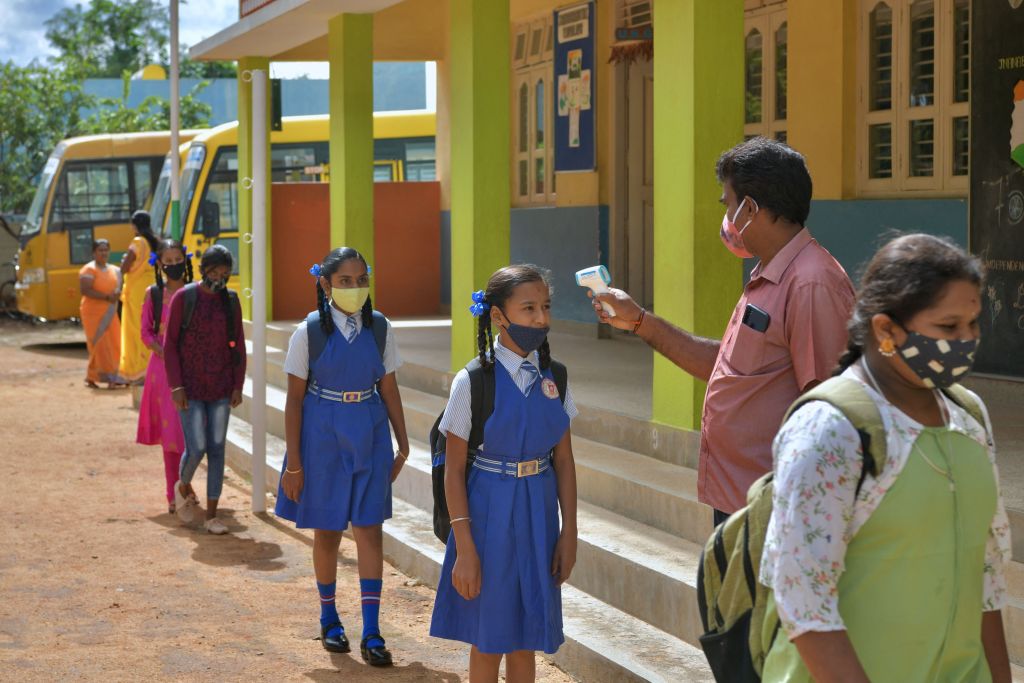- Tuesday, February 25, 2025

By: Shubham Ghosh
THE United Nations Educational, Cultural and Scientific Organisation (UNESCO) has cautioned that school closures and the children’s lack of smartphones and internet facilities in India amid the Covid-19 pandemic have worsened the country’s educational divide.
The cultural agency has said in a report which was issued on Tuesday (5) that about 248 million students in India have been hit in India since March 2020 even though many states have gradually started easing curbs as infection rates went down and vaccinations went up in the last two months, Reuters reported.
ALSO READ: Ease Covid travel curbs for students: India to Australia
The report, which raised a serious question over the students’ future, said nearly 70 per cent of them did not have smartphones or other devices to access classes online, while a majority coped with poor internet facilities or none, especially in the rural areas.
Covid: India schools report revenue dip, several teachers face salary cut
“There is an urgent need to plan to get students and their teachers back to school,” the UNESCO said in its report on the education scenario in India.
The report, which has been made based on government data, said almost 40 per cent of parents could not afford internet costs, thereby affecting their learning and resulting in widening the educational gap between various sections of the society.
Besides, widespread economic distress and loss of employment have seen people fleeing home villages in the countryside, pushing families deeper into poverty. Children have suffered as a result, in terms of malnutrition and early marriage of girls, the UN agency said.
India’s economy witnessed an annual contraction by 7.3 per cent in the 2020-21 fiscal and it is the worst recession the country has seen since its Independence in 1947.
Private schools that receive no government aid also suffered since guardians found it difficult to pay fees because of their economic hardships. This has resulted in the suffering of many poor families since they send their wards to such schools for better learning.
Several teachers faced salary cuts of loss of jobs as many students were withdrawn from their schools to those subsidised by the government. Private schools employ nearly 30 per cent of India’s 9.7 million students.
UNESCO called for India to recognise teachers as “frontline workers” in the battle on the pandemic and better working conditions for them so that the field of education sees an improved future.
“Quality of education is the core challenge of the next decade,” it said.